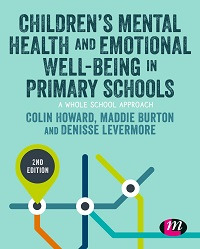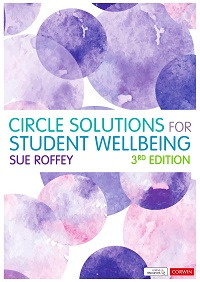You are in: Asia
Change location
You are here
How to support children's mental health needs
As teachers, you must be aware of the common mental health needs that you may encounter in schools. Although you are not expected to identify these in relation to labels or diagnoses, it is important to be aware of key indicators and how to support children's mental health. Here are some common mental health needs you may come across:
Conduct disorders
These often indicate an attempt to communicate an unmet need. They can be demonstrated in a range of ways, including anti-social behaviour, defiance and aggression. Teachers can support children by helping them to recognise their achievements, thus developing a positive sense of self.
Anxiety
This can exist as general anxiety or specific to a particular context and children may demonstrate it by becoming withdrawn, crying or avoiding situations. Teachers can support them by showing empathy and being patient.
Depression
Children who are depressed may be withdrawn, quiet, tearful and unable to participate in daily life. Some may require clinical intervention if their depression is too severe, but for others, it can be managed through sensitive listening, patience, encouragement and engaging them in meaningful activities.
Attachment disorders
These can form through feelings of rejection or neglect arising from lack of secure and positive attachments with a child's primary care giver. They can lead to development of a poor sense of self and sometimes poor behaviour. These children can be supported by adults in school who develop positive interactions with them.
Eating disorders
These can be developed for different reasons and common signs include sudden weight loss, loss of appetite, anxiety or depression. These children need to be closely monitored and usually require support from specialist health services.
Self-harm
This can take a range of forms, including (but not limited to) scratching, thumping the head or face, cutting or burning skin and pulling hair. Children usually use it as a way of dealing with an emotional pain and depending on the severity of the self-harm they may require specialist intervention.
Substance misuse
This may include glue, cigarettes or alcohol. If you suspect that children are engaging in substance abuse then you should discuss your concerns with the child's parents and monitor it carefully. If it persists, you may need to refer the case to social care services.
Hyperkinetic disorder
Children with this may demonstrate lack of concentration, spontaneous behaviour and general difficulties relating to their social and emotional development. They usually respond well to adults who show support, kindness, sensitivity and who believe in them.
Learn more inside Supporting Mental Health in Primary and Early Years.
You might also be interested in...



